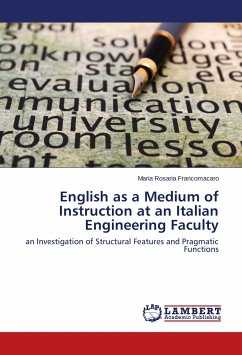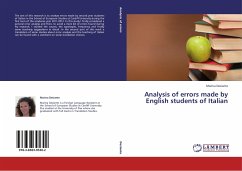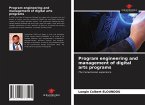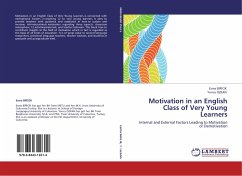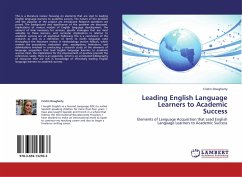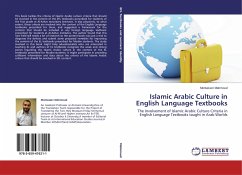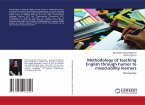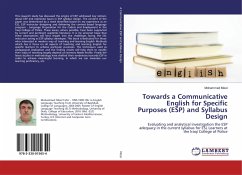The attention to Languages for Special Purposes (LSP) has a long and well-established tradition in the university scenario; however, recently the introduction of Integrating Content and Language in Higher Education (ICLHE) has fostered new and complex issues with regards to lecturing style, listening comprehension, students levels of performance, students needs, etc. In the LSP context, the knowledge of the foreign language is required in order to understand texts and to produce language in that particular code; the ICLHE context has broadened the scenario, as students are required to master a wider range of skills related to studying through a foreign language. Several studies have focused on the teaching of English in ESP (English for Special Purposes) and EAP (English for Academic Purposes) contexts; at the moment many others focus on English used as Lingua Franca in Academic settings (ELFA), on English as a Medium of Instruction (EMI), on English as an Additional Language (EAL), and on the use of English in a ICLHE context. The presence of so many different acronyms reveals the complexity of a phenomenon on whose definition this work tries to provide further insights.

